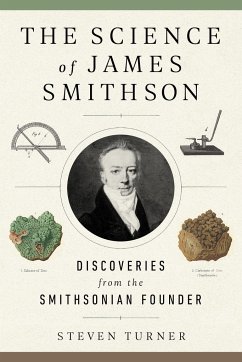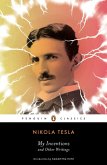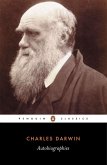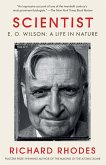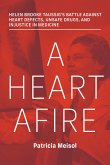Accessible exploration of the noteworthy scientific career of James Smithson, who left his fortune to establish the Smithsonian Institution. James Smithson is best known as the founder of the Smithsonian Institution, but few people know his full and fascinating story. He was a widely respected chemist and mineralogist and a member of the Royal Society, but in 1865, his letters, collection of 10,000 minerals, and more than 200 unpublished papers were lost to a fire in the Smithsonian Castle. His scientific legacy was further written off as insignificant in an 1879 essay published through the Smithsonian fifty years after his death--a claim that author Steven Turner demonstrates is far from the truth. By providing scientific and intellectual context to his work, The Science of James Smithson is a comprehensive tribute to Smithson's contributions to his fields, including chemistry, mineralogy, and more. This detailed narrative illuminates Smithson and his quest for knowledge at a time when chemists still debated thing as basic as the nature of fire, and struggled to maintain their networks amid the ever-changing conditions of the French Revolution and the Napoleonic Wars.
Hinweis: Dieser Artikel kann nur an eine deutsche Lieferadresse ausgeliefert werden.
Hinweis: Dieser Artikel kann nur an eine deutsche Lieferadresse ausgeliefert werden.

